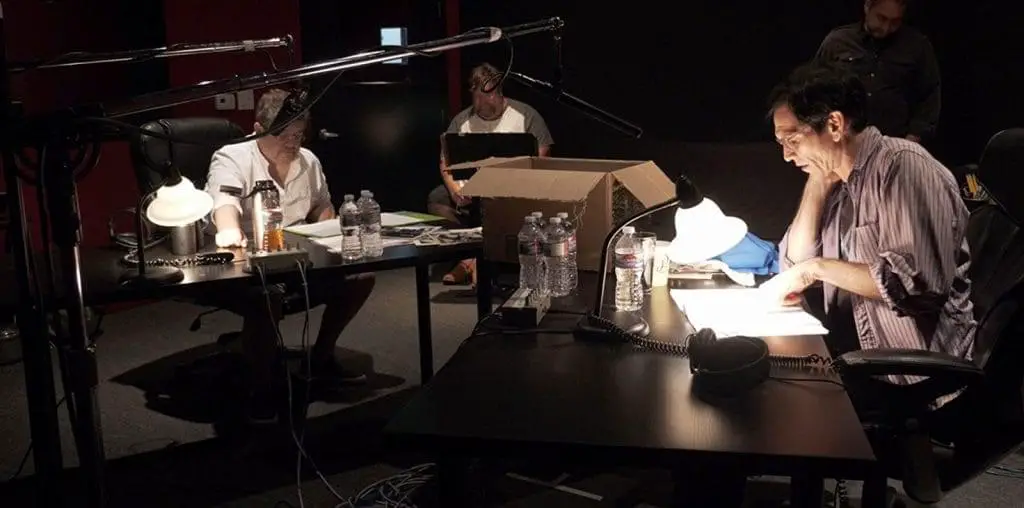
“Tough on crime.” ^ “Zero Tolerance.” ^ “Old enough to do the crime, old enough to do the time.”
These hard-core slogans, especially popular with (usually) right-leaning politicians, sound like reasonable enough solutions to help combat the crime population in this country, right?
Watching “Corrections” will change your mind. In fact, this grim and staggeringly depressing documentary about the privatization — that is to say, for-profit operation — of the prison industry is so powerful and persuasive, the next time someone blabs out mindless propaganda like “Three strikes and you’re out,” your response is likely to be a very blunt “bullshit.”
Ashley Hunt’s well-rounded film de-fangs such ubiquitous slogans as “getting tough on crime.” It does so by making the persuasive argument that our swelling prison populations are a direct consequence of private prison corporations’ policies which generate more money the more “customers” they house behind bars.
Indeed, “Corrections” points out that rehabilitation, the very goal of the corrections system that’s most beneficial to society, is actually and perversely BAD for the private prison industry. A rehabilitated prisoner, after all, won’t be back behind the bars of a Corrections Corporation of America jail cell. This means that CCA, the largest prisons-for-profit company in the world, and other companies like it has lost a customer and won’t rake in the thirty or forty years worth of money the government will pay them to incarcerate this petty crook-turned-lifer.
“Corrections” is a nauseating film from its opening images inside the American Correctional Institution’s annual trade show. (“Our customers don’t usually wear suits,” a salesman mutters, struggling to demonstrate a particularly devious restraining device on a sartorially enhanced fellow salesman. Oh, these guys are a riot.)
The film presents a compelling historical retrospective that examines the political reasons behind the well-intentioned but horribly abused tough on crime movement. It also explores the disproportionate number of prisons built in poor, southern, and predominantly African-American counties; prisons which, surprise, hold mostly black men. It then cleverly juxtaposes those numbers with archival footage of slaves and chain gangs, wondering ironically why the government can afford to help these corporations build prisons in these areas, but not such preventive measures as schools and recreational facilities.
Hunt isn’t a mindless agitator. He’s a well-reasoned agitator. His film gives spokespeople from the private prison industry a chance to defend their practice; an opportunity they usually use to cinch the noose around their necks and obliviously jump. “Corrections” also tries to examine the prison construction boom from the perspective of economically depressed communities for whom a new prison means good jobs and increased tax revenues.
Yet, Hunt’s bias is as obvious as it is well justified. “Corrections” backs up that bias with an almost overwhelming amount of statistics, interviews and anecdotal evidence. These show that private prison corporations, a $50 BILLION industry, represent “The Man” run amuck. Here is an industry that, its apologists’ protests or, even more disgusting, gleeful agreement aside, is making a tidy profit off the suffering of others.
“Corrections” is one of the gloomiest, scariest, and most infuriating films to come out in a long time. One can only hope that the vermin who push these immoral policies and build these jails to incarcerate people who have no business being incarcerated, will one day rot there themselves.
